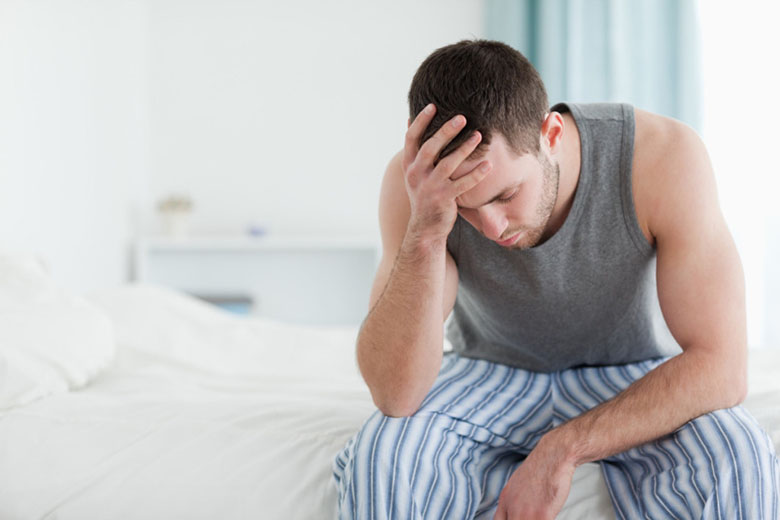
Emotional and mental health
1103 views
Low Libido In Men: Psychological And Physiological Reasons Behind It
Contrary to a popular belief, the lack of sexual desire is not only the preserve of women or even the consequence of age. This is shown in the study by Professor Leonard Derogatis (Johns Hopkins University, USA) that was published in the Journal of Sexual Medicine. The study showed that 20% of men sometimes felt a lack of sexual desire, and often for 2%. However, the survey did not say anything about the causes of this lack of libido.
As for the possible causes, there are many. One distinguishes the organic causes (physical) and the psychological causes. For example, the lack of testosterone is accused of being responsible for a lack of libido in men. In fact, while it is true that the hormone deficiency can be accompanied by a lack of desire, it is far from being systematic.
Be that as it may, by studying a group of 464 men between the ages of 25 and 64, Derogatis and his colleagues took care to exclude those with low testosterone levels. They also discounted those with other possible causes of low libido: men who had, or had had, depression and those who took a drug known to interact with sexuality. Finally, they eliminated men who had a particular sexual problem, such as erectile dysfunction or premature ejaculation.
It happens that the lack of interest in sexuality comes from a sexual disorder compromising the usually recreational and playful nature of it. The sexual act then becomes akin to a test, passing test or worse, a test of virility, and his desire can be overwhelmed by the fear of failure.
In the American study, after having excluded from the study all these frequent causes of lack of libido, there remained only 200 men out of the 464 of the initial group! But among them, there were still 109 suffering from a lack of libido and 91 complaining of nothing. It is these two groups that the researchers compared through a battery of questionnaires. First surprise, there were so many men with diseases or taking drugs in both groups. Proof that it is a little simplistic to want to systematically explain a libido disorder by a health problem. Fortunately, sexuality is not just for healthy people!
It is true that the first years as a couple, the two types of desires interact and feed without it being easy to unravel them, giving the impression that we all feel an endogenous desire.
But over time, the specificities of the formed couple assert themselves and it is common that there is a partner with a higher sexual desire than the other. A bit like one of the two was reloading their desire battery faster. They are thus more often, if not always, the one who proposes a sexual act. The other then puts on the habit of regulating the sexuality of the couple by accepting or refusing the act. This is not necessarily a serious matter: if the couple manages harmoniously the shift of desires, in other words if the proposer accepts willingly the possible refusals of the other and the refusal does not feel any pressure, things happen generally good. On the other hand, when partners do not cope well, one feels rejected and the other under pressure to act, a defusing of sexual desire can occur. It is then time to consult a specialist.
Posted in Emotional and mental health
(0 voices, average: 5 of 5) 1103 views































